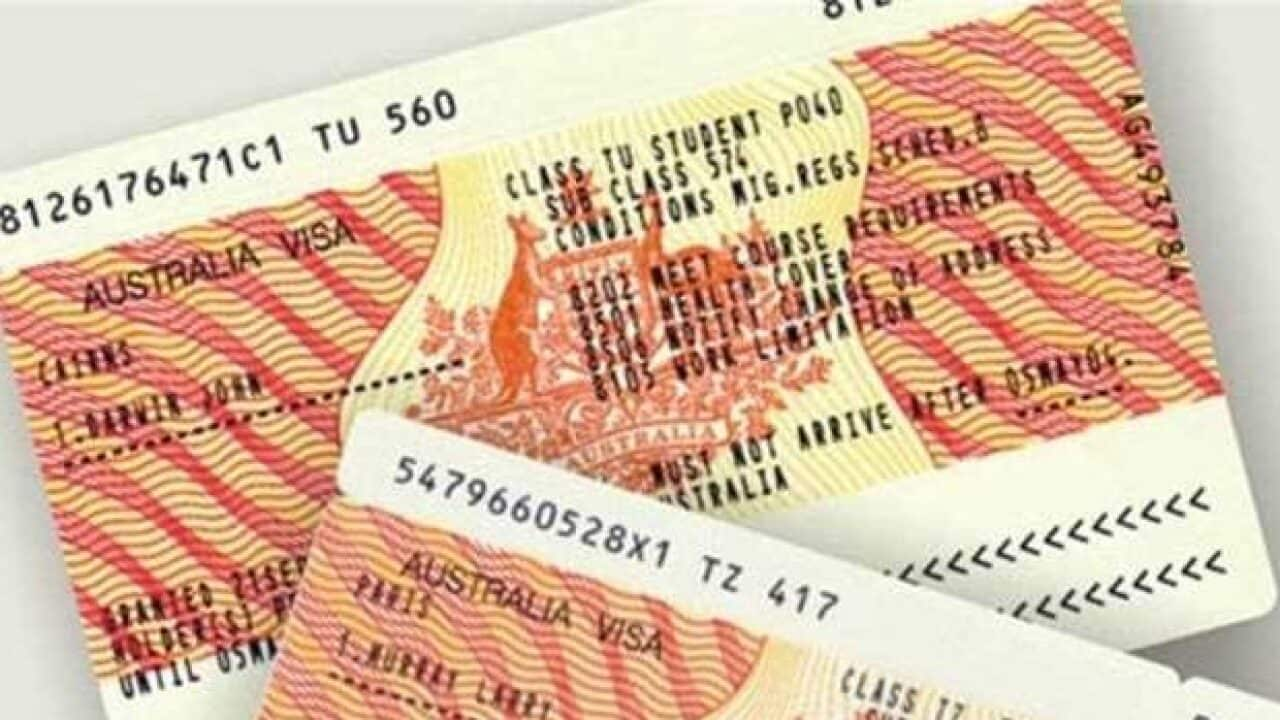Employers sponsoring visas of overseas workers will be required to pay up to $5,000 in a new levy coming into effect next week.
The move- first announced by Treasurer Scott Morrison in the budget of 2017- was legislated by Parliament in May this year, and is expected to general additional 1.2 billion for the Skilling Australia Fund in the next four years.
All Australian businesses, including universities, who lodge a new nomination application under the Temporary Skill Shortage (TSS), Employer Nomination Scheme (ENS) or Regional Sponsored Migration Scheme (RSMS) visa programs on or after 12 August 2018, will be required to pay the required levy.
Small businesses with a turnover of less than $10 million will have to pay an annual levy of $1,200 for sponsoring a foreign worker's temporary visa and a one-time charge of $3,000 for a permanent skilled visa.
For medium and large businesses (with over $10 million turnover) the levy is $1,800 per year and a one-off $5,000 for a temporary and a permanent visa respectively. There are no exemptions, except for Ministers of Religion and Religious Assistants sponsored under the labour agreement streams of the TSS and ENS visa programs.
There are no exemptions, except for Ministers of Religion and Religious Assistants sponsored under the labour agreement streams of the TSS and ENS visa programs.

Source: Getty Images
The SAF levy will be payable in full at the time the worker is nominated.
"Previously, all employers had to fulfil certain training-related obligations for each of their employee. This could be done via training courses and other means, while now it is only required an upfront payment", said migration agent Alberto Fascetti speaking to .
"It certainly looks more expensive and a form of disincentive for businesses looking to employ migrant staff. The flip-side is that an upfront payment simplifies and clarifies the bureaucratic process for employers", he said. The new arrangement replaces the current system under which employers employing foreign workers were required to contribute 1 or 2 per cent of their payroll to training- a requirement- that Mr Morrison said was difficult to police.
The new arrangement replaces the current system under which employers employing foreign workers were required to contribute 1 or 2 per cent of their payroll to training- a requirement- that Mr Morrison said was difficult to police.

The levy was announced in 2017 budget. Source: AAP
The Government, when announced it, wanted Skilling Australia Fund to come into effect in March this year. However, the legislation was passed on 9 May 2018.
Mr Fascetti said it will simplify the process and minimise the risk of refusal of applications due to issues with training-related requirements and documentation.
"In the past, many applications were rejected for lack of documents or miscalculations on behalf of applicants. Now the upfront payments eliminate this risk", he said.



